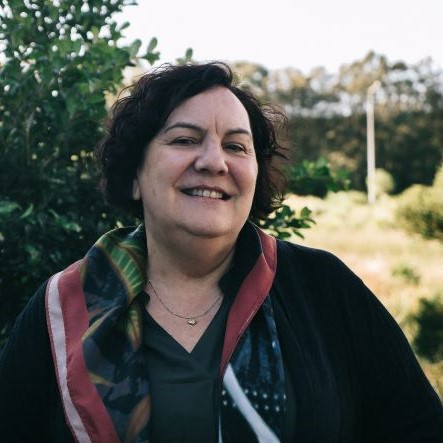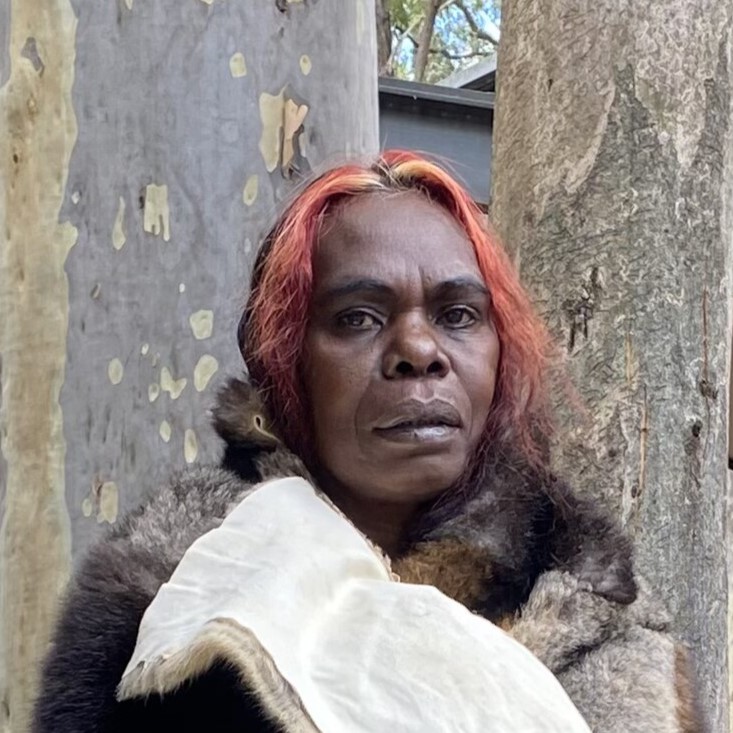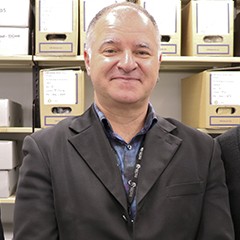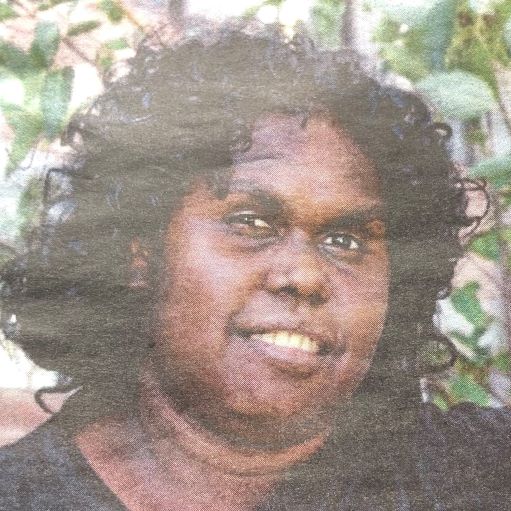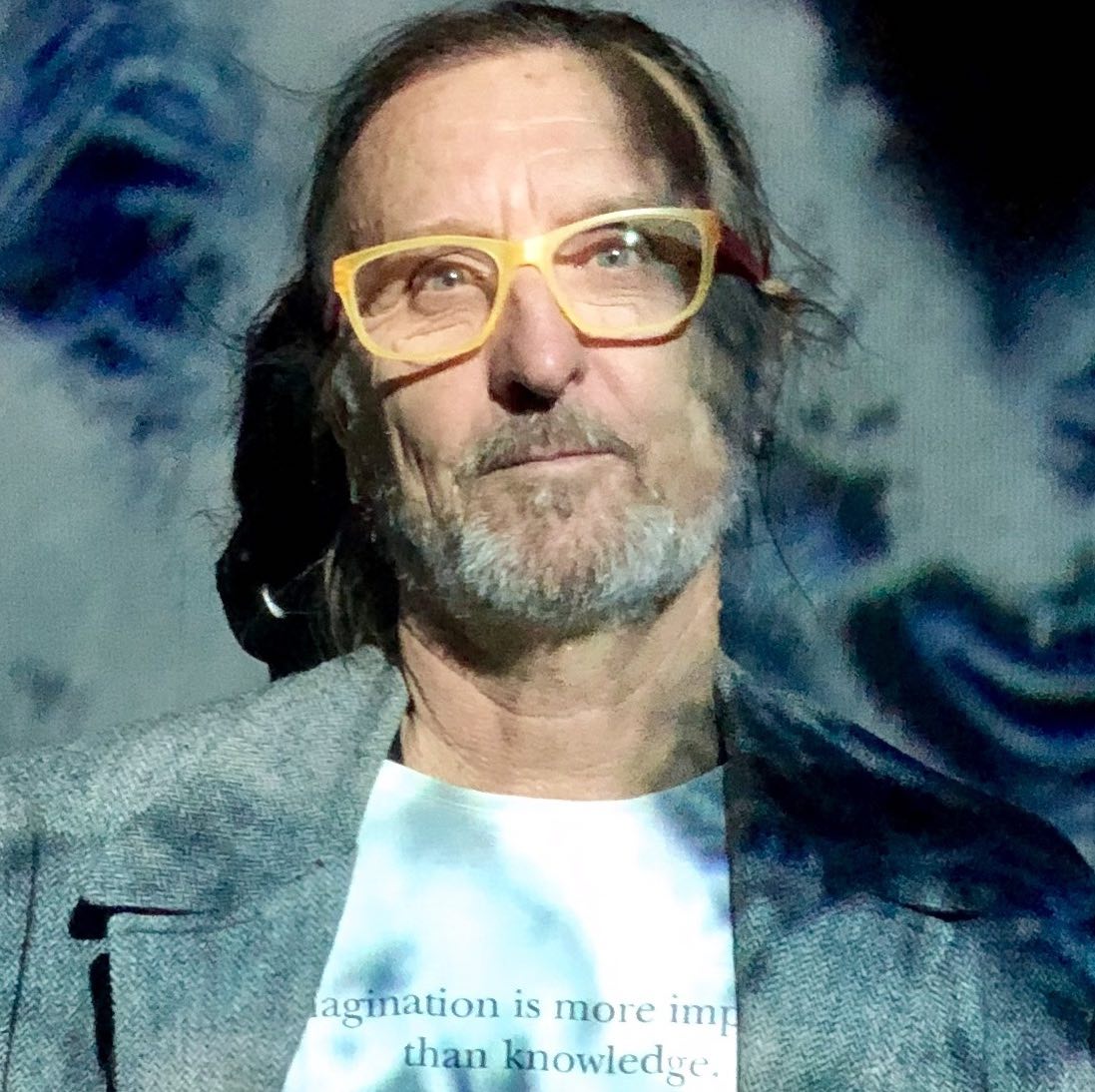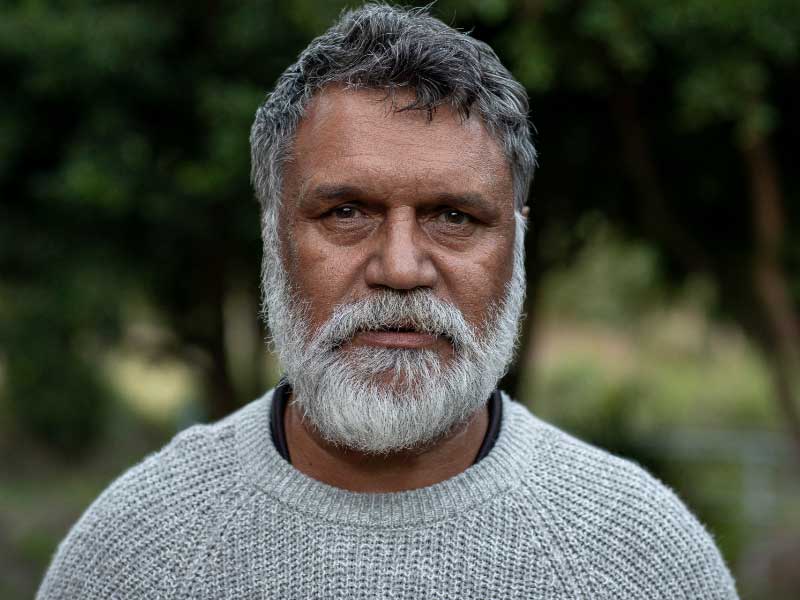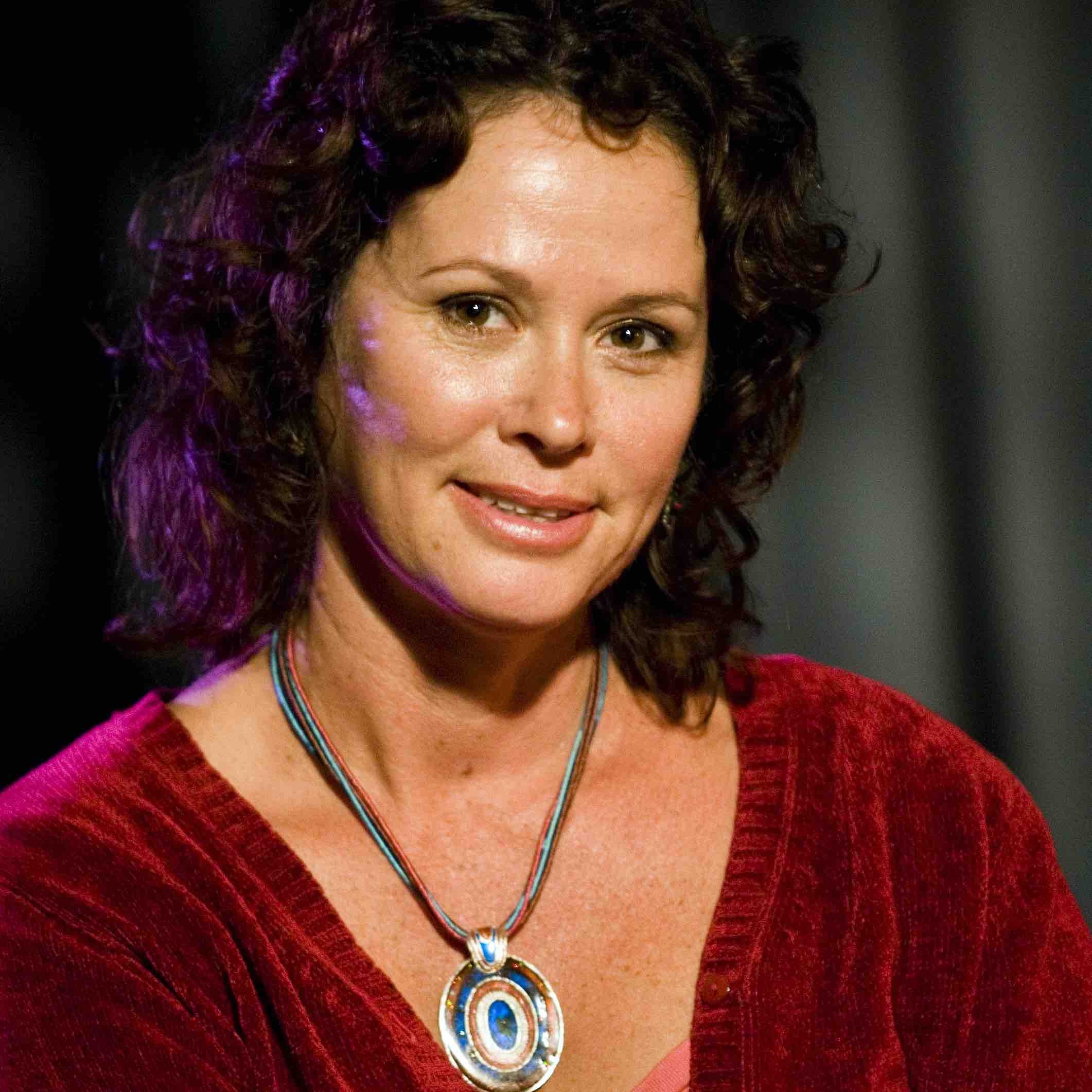
From Ngukurr to Newcastle
Exploring the activism, impacts and legacy of Dexter Daniels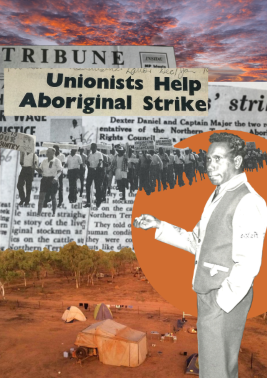
This project traverses the unexpected linkages between Ngukurr, an Indigenous community in Southeast Arnhem Land, Northern Territory (NT) and Newcastle, a regional port city in New South Wales (NSW) through the legacy of 60s Indigenous Australian activist, Dexter Daniels.
In his role as union organiser and supported by southern state unions, including those in Newcastle, Daniels worked extensively to raise awareness about Aboriginal workers’ rights, equal pay and land rights on national and international platforms. His advocacy was instrumental in encouraging Vincent Lingiari, from Wave Hill Station to strike. Yet Daniel’s story has been largely forgotten, both in his own community and nationally perhaps, in part, due to his association with the Australian Communist party and the inaccessibility of western archives.
Now, in collaboration with Dr Daphne Daniels (Daniel’s niece), this project explores the reasons why his story has remained buried and works to reinvigorate it by reconnecting the archives to people and communities. Forging new intercultural connections with Ngukurr and Newcastle communities and artists, the stories of Dexter Daniels and how Newcastle became a hub for Indigenous activism and awareness will be now rightfully reinstated into the national narrative in creative and unexpected ways.
About the project
In early 2020, Professor Kate Senior made a surprising discovery in the University of Newcastle’s Copley Archive. The archive consisted of newspaper clippings about Dexter Daniels collected by 1960s Newcastle unionists and activists, Merv and Janet Copley. The clippings spoke of Daniels’ speaking tours and participation in land rights rallies in the Australian southern states. These clippings were boxed and remained sealed until Professor Senior dusted them off and re-opened them.
This serendipitous finding presented opportunities to work in collaboration with Ngukurr by bringing this material back to the community, so that Dr Daniels could properly honour the memory of her uncle. Local linkages with Newcastle school students, trade unions and University of Newcastle historians and creatives have also provided opportunities for the acquisition of ongoing, competitive funding.
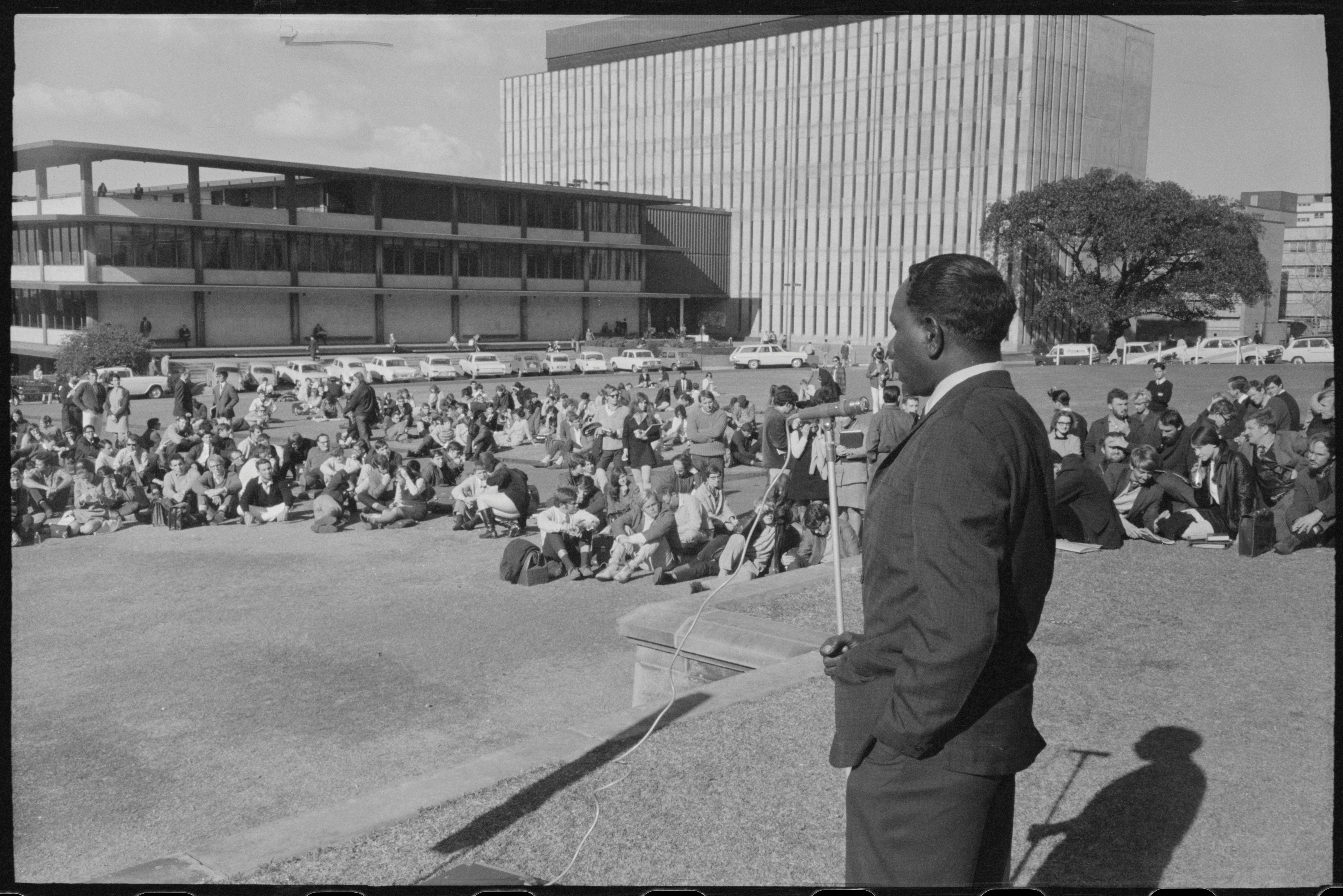
Initially, the project received $10,000 Copley Bequest grant funding to explore and reimagine the emerging consciousness of Indigenous Rights through the Copley Archive.
The Newcastle Trades Union records, Stan Masterson Archive and ASIO records were also investigated.
This research has enabled us to piece together a more extensive record of Dexter Daniels, the public person. However, little is known about his character. Unearthing more detail in this area will enrich the creative work which will be a strong focus of this project.
In addition, the development of researcher capacity and strong collaborative networks between Ngukurr and Newcastle communities will lead to ongoing, impactful and engaging research and teaching.
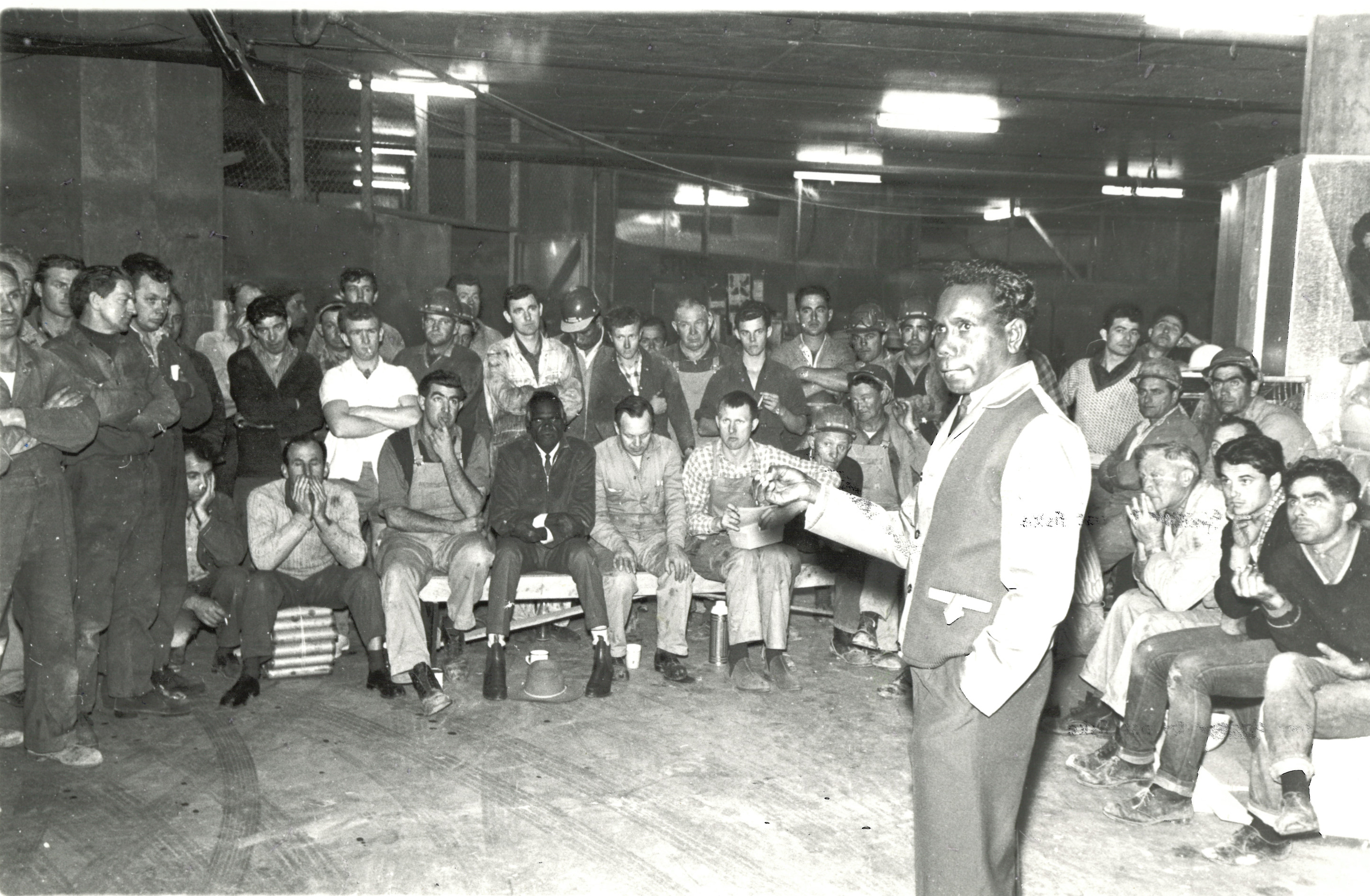
Community connections on local and national levels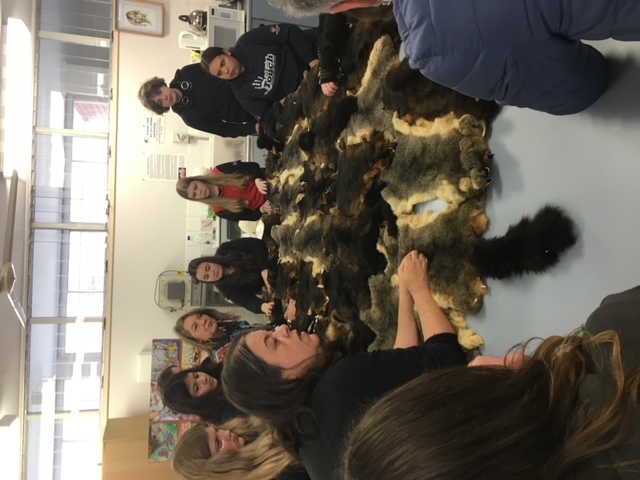
In 2021, an ARC Indigenous Discovery grant, Indigenous Storytelling and the Living Archive of Aboriginal Knowledge was awarded to the University of Melbourne to explore the potential of Indigenous Australian storytelling supporting interconnections which disrupt the linear structure of institutional archives. An interactive archiving system was developed which involved linking the Ngukurr community with collections held in Museums Victoria, Melbourne. Through this project, community members were able to explore the collection as well as providing advice on who should be able to view it. This exploration revealed a rich history of intercultural connection, collaboration and influence and provided the impetus for the revival of the making of feather flowers, a previously forgotten craft practice.
In 2022, as part of the project, Dr Daniels and Professor Senior worked with students and staff at the secondary school, Cook’s Hill Campus to create a major artwork based on Dexter Daniels’ activism and his time in Newcastle. Indigenous artist, Kerri Clarke, and her son, Mitch Mahoney, both experts in the art of making possum skin cloaks, led the workshops. They used the cloak as a medium to talk about Dexter Daniels’ work and to share their knowledge about all stages of construction of the cloak, from sewing though to creation of the dye and design. For a more detailed exploration and photographs of this activity go to the Purai website and scroll down to Exploring Indigenous Activism Through the Creation of a Possum Skin Cloak.
Another surprising discovery
In 2024, a surprising connection between Dexter Daniels and 1980s University of Newcastle (UoN) linguistics student, Nona Harvey. Nona first met Dexter at Roper River, NT on a fact-finding mission. She remembers him as one of “several impressive leaders at the community.” How Nona got to Roper River in the first place is a story that points to Dexter’s increasing influence through strategies which broadened his target audience. Nona was the local director of UoN’s ABSCHOL, one of the few nationally constituted bodies supporting people in the far north. The organisation was well positioned to provide substantial support on a national basis but ABSCHOL soon shifted its focus from raising money for university scholarships for Aboriginal people to include support for the land rights movement in its embryonic stage. In doing so, it drew the attention of the general public and politicians to what was happening in the Northern Territory.
On the 22nd of May in 1968, four students, Harvey and three other male ABSCHOL students from the University of Sydney, set off from NSW to learn more about the living conditions of Aboriginal people on cattle stations and the role of the Welfare Department in their lives.
Using social media, Professor Kate Senior and Dr Jacqueline Wright tracked down Nona Harvey and were invited to visit her Kempsey home to record her story. Harvey shared resources and told them about the trip – four students in a VW Bug travelling over 8,000kms.
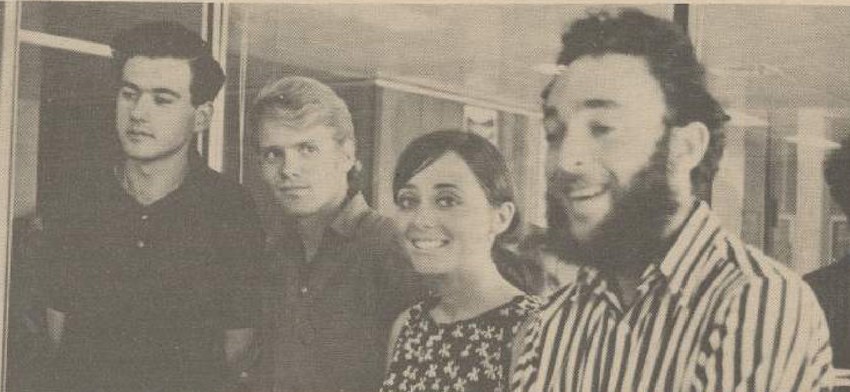
"On the way north we got caught in floods around Winton and had to truck the car on a train, the only transport getting through. Then, stopping at a roadhouse in Katherine to eat, we noticed the front page article on the NT News titled SOUTHERNERS COMING TO HELP ABORIGINES INVADE TOWNS! When we looked at an accompanying cartoon with four students on a 'bandwagon’ we realised we were the ones being referred to! This jolted us out of our naïve complacency, and we knew we would have to proceed strategically. We planned to make a stand on the draconian permit system at the time, if we were able to achieve nothing else."
Harvey vividly recalls the clandestine nature of the tour with many detours made to avoid notice, often getting lost and, at times, greeted by men with rifles at the cattle station’s gates telling them to turn back. Her few days with Dexter Daniels at Roper River involved detailed discussions about issues both specific to the community (including their desire to get a grammar of their language developed) and the NT in general.
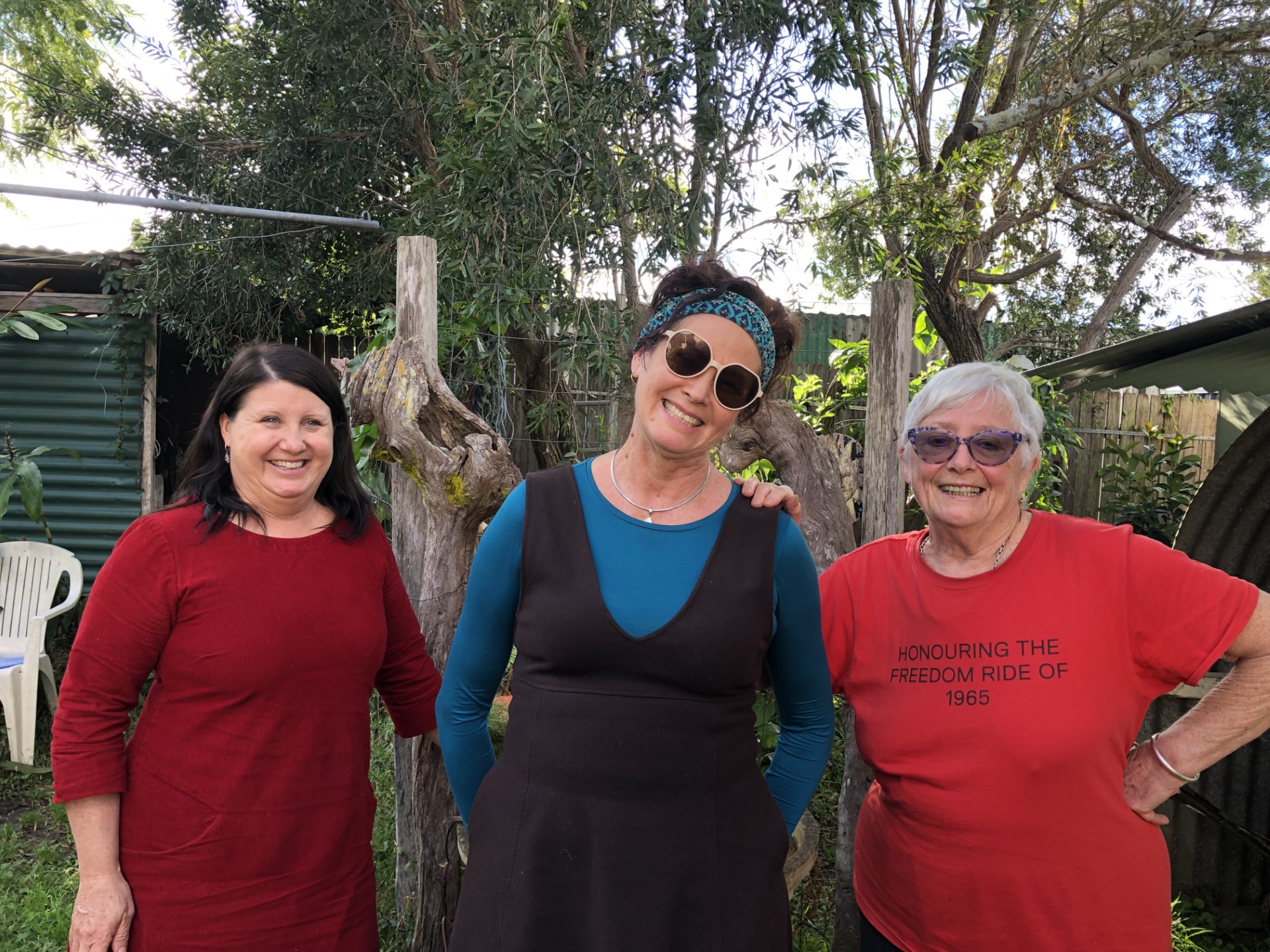
"The trip was nothing like I have experienced before or since and shaped and deepened my perceptions ... this other largely hidden world that coexisted with the white society I had been brought up in ... These experiences on the ground opened my eyes to the nature of the country I lived in and, to a large extent, shaped the course my life would take. Once my eyes were opened there was no going back on the path of what became an ever-deepening but never-ending learning experience about and with Far North people and an ongoing engagement in the struggle for their recognition, rights and self-determination."
In 2025, the Ngukurr to Newcastle project was successful in securing an ARC Discovery (Indigenous) grant, Ngukurr to Newcastle: intercultural collaboration and influence, to build on previous research by exploring the Ngukurr Mission Archives at the State Library of NSW. It will also consolidate and build research relationships with two key partners; Ngukurr Arts and Hunter Workers . Ngukurr Arts have expressed keen interest in using this material as a catalyst for their artists to re-tell Dexter Daniels’ story and subsequent exhibitions of this work will be held at both Ngukurr Arts Centre and Hunter Workers.
In addition, the project will more fully explore the intercultural links from Ngukurr, Newcastle and the broader Australian society that have arisen during the preliminary research. Challenging the dominant deficit-centered viewpoints of remote Aboriginal communities, this research will work with communities as sites for lively intercultural exchanges. It will support community members to collect and document stories about the people who were, are and continue to be influential. In doing so, it will tell national stories and histories from Indigenous Australian perspectives with a view to contribute to the truth-telling process of Australian national development.
Collaborative engagement with the community will ensure that these stories are preserved in accessible, creative and performative forms so that they are available for future generations and future leaders. Accomplished playwrights, Dr Ray Kelly, and Mr Brian Joyce, who are also Chief Investigators on the project, will write a play about Daniels to be performed at the Darwin Festival.
Expected outcomes
At the completion of the project in three years, we expect to have:
- A set of archival resources, oral histories and stories from young people which can be translated into Kriol and taken to Ngukurr Community to fulfill the communities expressed need for access to their own histories and to form a catalyst for further collaborative story telling in the Ngukurr community.
- High quality scholarly publications and a range of mainstream publications written and/or published in collaboration with community members including an illustrated book in Kriol.
- Other creative outputs which involve bringing history alive through a play and/or a series of art works.
- A digital archive which preserves the material we discover and makes it accessible for future generations.
Bringing together prominent cultural advisors, anthropologists, archivists, creatives and historians from all over Australia including:
Chief Investigators
Professor Kathleen Butler
Director of Indigenous Research
Office - DVC (Research and Innovation)
- kathleen.butler@newcastle.edu.au
- 0249217747
Professor Kathleen Clapham
Partner Investigator, University of Wollongong, New South Wales
Dr Daphne Daniels
Chief Investigator/Supervisor, Ngukurr Community, Northern Territory
Professor Victoria Haskins
Professor
School of Humanities, Creative Ind and Social Sci
- victoria.haskins@newcastle.edu.au
- 0249215221
Dr Raymond Kelly
Partner Investigator, New South Wales Aboriginal Land Council, New South Wales
Emeritus Professor John Maynard
Emeritus Professor
Indigenous Education and Research
- john.maynard@newcastle.edu.au
- 0408416886
Professor Kate Senior
Professor
School of Humanities, Creative Ind and Social Sci
- kate.senior@newcastle.edu.au
- 0249217078
Dr Jacqueline Wright
Project Co-ordinator/Research Assistant, University of Newcastle, New South Wales
The University of Newcastle acknowledges the traditional custodians of the lands within our footprint areas: Awabakal, Darkinjung, Biripai, Worimi, Wonnarua, and Eora Nations. We also pay respect to the wisdom of our Elders past and present.



